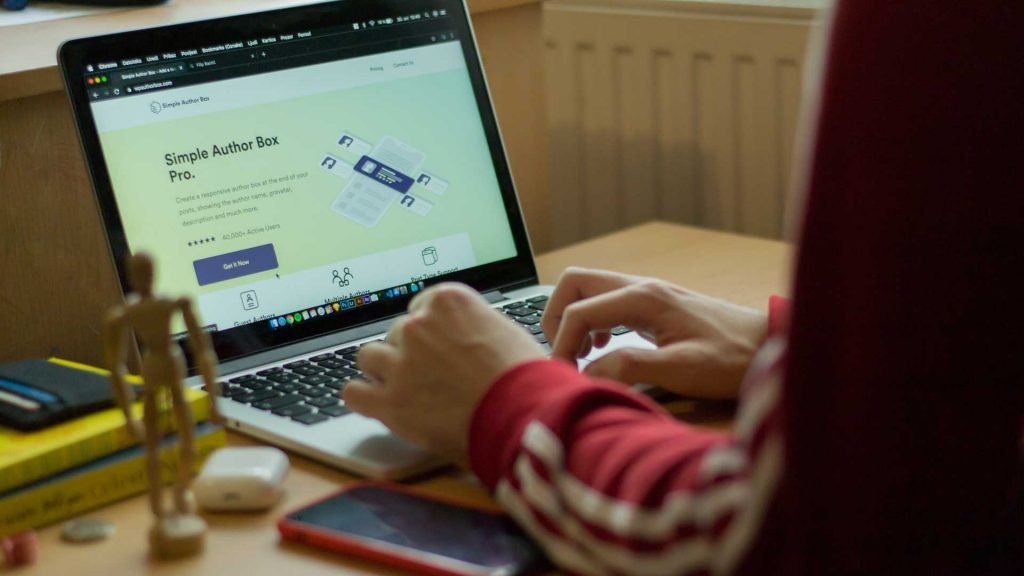There’s a lot of hard work to build a website. A platform created with WordPress is a task of its own. Not only will you guarantee that the theme is pixel-perfect, but you will also ensure that you use the correct coding and plugins.
However, don’t worry! Until delivery, we assembled a helpful checklist. Though not comprehensive, sure that things have included that can be overlooked quickly.
Whether you’re from the Long Island web design company, the goal is to make the transfer as seamless as possible.
Update to URLs of The Production
You also have a temporary URL on your site when using a development environment. You’ll, therefore, want to ensure that you have updated the production URL via “Settings >> General in WordPress.”
However, you may also need to update URLs in the database of your site. The adjustments alone do not affect hard-coded links inside pages, posts, widgets, or menus.
You want to check for a new address and delete it. Software such as Velvet Blues Download Links or Best Find Delete is the best way to do so.
Switch on Search Indexing
You may attempt to restrict your WordPress deployment by disabling the search engines if the application phase has finished on a Web hosting account.
This is smart because, in search engine searches, you might not like to see the website. It looks terrible and may also influence the new SEO platform negatively.
However, once the platform is published, it’s easy to forget. Some SEO plugins like Yoast SEO alert you that the configuration gets modified. In brief, double-checking is also a smart thing.
Remove Content and Accounts Relate Testing
It is not unusual to create content and user accounts to test the functionality of a site during development. For example, placing orders from WooCommerce or checking user permissions on a membership platform.
This form of content can appear unprofessional, though not inherently dangerous if a consumer (or a search engine) stumbles upon it. Besides, test orders might discard summary sales figures. Therefore, before starting up, it’s better to get rid of everything.
Check Commercial Plugin and Theme Licenses
You increasing have to take some special precautions before you go to production if your website uses commercial software that needs a license key. Some of the topics and plugins have a one-domain license.
This will contribute to apps that can not update by moving the web to a production URL, triggered by missing functionality, bug fixes, or protection changes.
It depends on the software how you deal with this. Sometimes it just turns the license off on the developer’s website and then on to production.
Optimize Performance
Although site performance should always take into account during construction, certain aspects have saved for production often. One thing to be done after creation is downloading and setting up a cache plugin.
Why does this happen? Since cache can annoy to prevent changes from appearing immediately, depending on how you build the website by the Long Island web design professionals.


